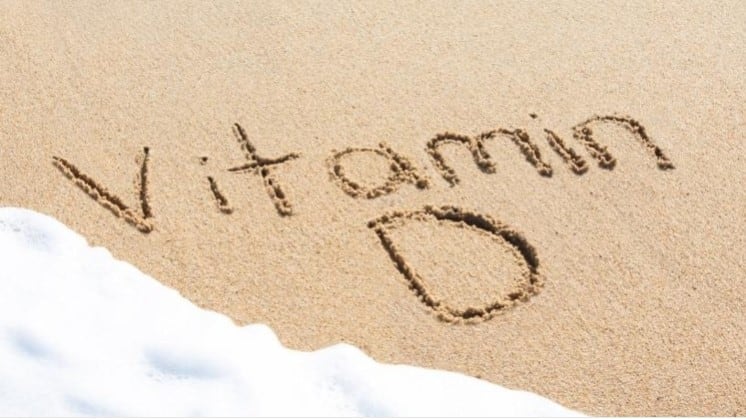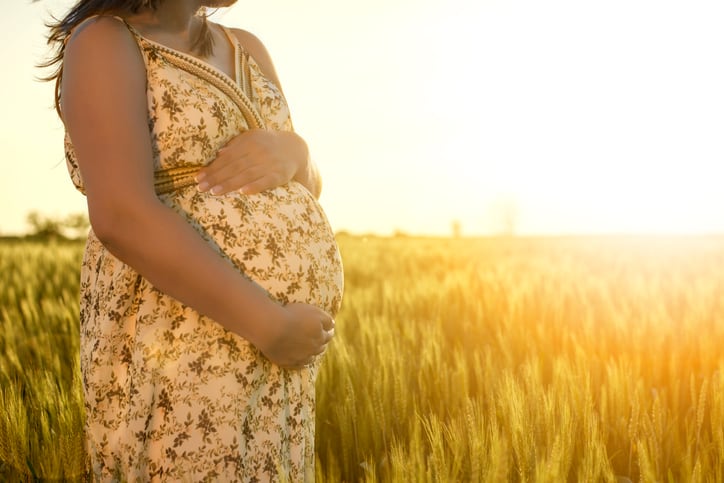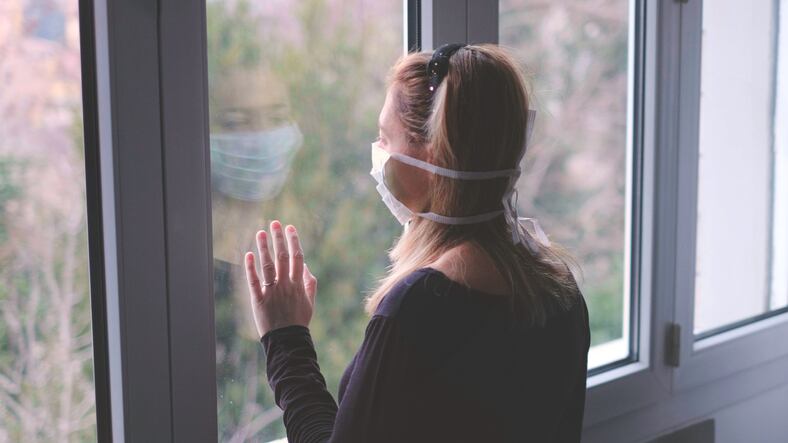In a Commons session on Tuesday, Boris Johnson told Members he would be providing an update on the plan, which First Minister of Scotland Nicola Sturgeon has already announced.
In the same session, ex-Conservative Cabinet minister David Davis, once again raised the issue, highlighting the progress Scotland has made as well as studies pointing to the vitamin’s efficacy.
“Over the weekend, a number of eminent scientists called on the Government to try to resolve the vitamin D deficiency issues in the United Kingdom to reduce the severity of the pandemic,” he said.
“There have been dozens of studies over hundreds of countries in the last six months that show—or imply, anyway—that that could reduce infection rates by half and case death rates by half again.
The Scottish Government are sending four months’ supply of vitamin D to everybody who shielded in Scotland.
“Given that it is low cost and there is no medical downside, will our Government consider the same approach in England?”
Responding, Johnson said, “We are indeed looking at the possible beneficial effects of vitamin D, and I know that we will be updating the House shortly.”
Four-month supply
Tweeting, Davis added, “Vitamin D supplementation has the potential to be an important weapon in our country's fight against Covid-19.
“The government rightly undertook to look at the evidence on this and it is excellent news @BorisJohnson intends to update the House of Commons on the work shortly.”
Last week The Times revealed the most vulnerable Scots were to be given a free four-month supply of vitamin D supplements to help to boost their immune system.
The NHS letter added the supply was intended to compensate for a lack of natural sunlight and also protects against respiratory infections.
“[Vitamin D] replenishes its stocks through sunlight on the skin,” the letter stated. “If you were shielding inside until June 19 this year you may have had less sunlight than usual this summer. This could have an impact on your vitamin D levels.”
In Scotland, Healthy Start vitamins, which contain Vitamin D, are already available free to all pregnant women in Scotland since Spring 2017.
Women and children who qualify for the Best Start Foods scheme in Scotland can also get free supplements containing the recommended amounts of vitamin D.
The vitamin’s protective qualities against the virus appears to be gathering pace as Dr Gareth Davies, a medical physics researcher recently said it was, “clear that vitamin D could not only protect against disease severity but could also protect against infection.
“Food fortification would need careful planning to be rolled out effectively, particularly as people are now taking supplements. Picking the right foods to fortify would need to be done carefully.
“But it’s clear that the current policy is not working – at least half the population have a vitamin D deficiency.”
CORONAVIT study
His comments were echoed by Queen Mary University of London’s Professor Adrian Martineau, who lead research looking into vitamin D’s role in protecting against COVID-19.
The CORONAVIT study is to run for six months and involve more than 5,000 people to find out whether a ‘test-and-treat’ approach to correct people’s vitamin D deficiency during winter will reduce the risk and/or severity of COVID-19 and other acute respiratory infections.
“There is mounting evidence that vitamin D might reduce the risk of respiratory infections, with some recent studies suggesting that people with lower vitamin D levels may be more susceptible to coronavirus,” he said.
“Many people in the UK have low vitamin D levels, particularly in the winter and spring, when respiratory infections are most common. Vitamin D deficiency is more common in older people, in people who are overweight, and in Black and Asian people – all of the groups who are at increased risk of becoming very ill with COVID-19.
The UK government already recommends that people take a low-dose vitamin D supplement over the winter to protect their bone health.
However, the Professor said it was currently unknown whether this would have effect on COVID-19 or if higher doses might be able to provide protection against the virus.




